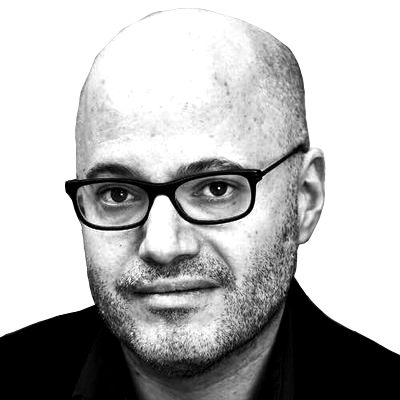It has been an October ritual to wait with anticipation until the Swedish Academy decides, yet again, to not give the Nobel Prize for Literature to Tom Stoppard. Stoppard doesn’t need it. At 86, he’s a Sir, an O.B.E., the winner of an Oscar and five Tonys so far, whose most recent play, Leopoldstadt—closed and reopened before and after lockdown—is about a baptized Jew like Stoppard, whose family fled the Nazis. Ambitious stuff, no doubt, but then, ambition is Stoppard’s brand.
Stoppard made his first splash with a play many of us first encountered in high-school English: Rosencrantz and Guildenstern Are Dead. The title comes from the final scene of Hamlet. These two dolts were, unbeknownst to them, dispatched by King Claudius to send a death warrant to the King of England. The letter, revised by Hamlet, brings about their own deaths. Stoppard, by way of Waiting for Godot, found his way in and around two ancillary Shakespeare characters, while having serious fun of his own; it is as if he took Beckett’s absurdity and let it decant. You could now imagine it played by two Cousin Gregs from Succession.


